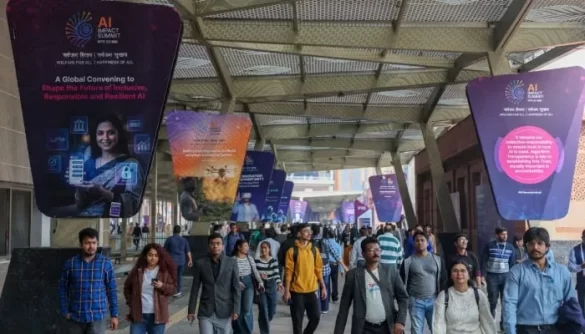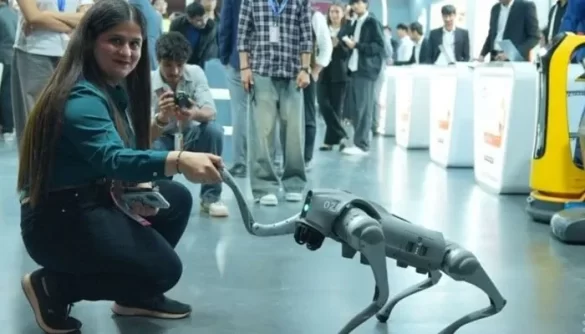AI Minister to Give Birth to Digital Assistants
Albania’s Prime Minister Edi Rama has announced that the world’s first artificial intelligence–powered minister, Deilla, is “expecting” 83 digital offspring. According to Rama, these AI children will serve as personal virtual assistants for members of parliament (MPs), marking a significant step in integrating artificial intelligence into governance.
Speaking at the Global Dialogue Forum, the prime minister described the initiative as a “symbolic yet practical leap” toward modernizing Albania’s political institutions through technology. The unusual announcement quickly sparked global curiosity and debate about the evolving role of AI in public administration.
Digital Aides for Every Parliamentarian
Each of Deilla’s 83 AI children will reportedly function as a dedicated digital aide, capable of assisting MPs during parliamentary sessions, taking notes, drafting recommendations, and providing policy updates—even when MPs are away from the assembly.
These assistants will also have comprehensive access to European Union laws and regulations, enabling lawmakers to respond quickly to debates and make more informed decisions. The Albanian government says the initiative will improve efficiency, accuracy, and transparency in parliamentary work.
Deilla’s Role and Origins
Deilla was first introduced in September 2025 as part of Albania’s efforts to modernize its public procurement system, an area long criticized for inefficiency and corruption. She was designed to oversee procurement processes, ensuring transparency and minimizing human bias in decision-making.
Government officials argue that Deilla represents a new era for Albania—one in which technology can streamline bureaucracy and reduce political favoritism. However, opposition parties have criticized the project, calling it a technological spectacle rather than a meaningful reform.
Balancing Innovation and Public Trust
Prime Minister Rama defended the initiative, stating that Deilla and her expanding digital family would redefine how government operates. Artificial intelligence is no longer the future—it is Albania’s present reality, he said.
While Albania’s experiment may appear futuristic, experts note that it reflects a global trend. Governments from Estonia to the UAE are increasingly adopting AI-driven governance tools to manage public data, automate administrative tasks, and enhance citizen engagement.
Still, the challenge remains to ensure that such systems maintain ethical transparency and public trust, avoiding dependence on technology without accountability.















